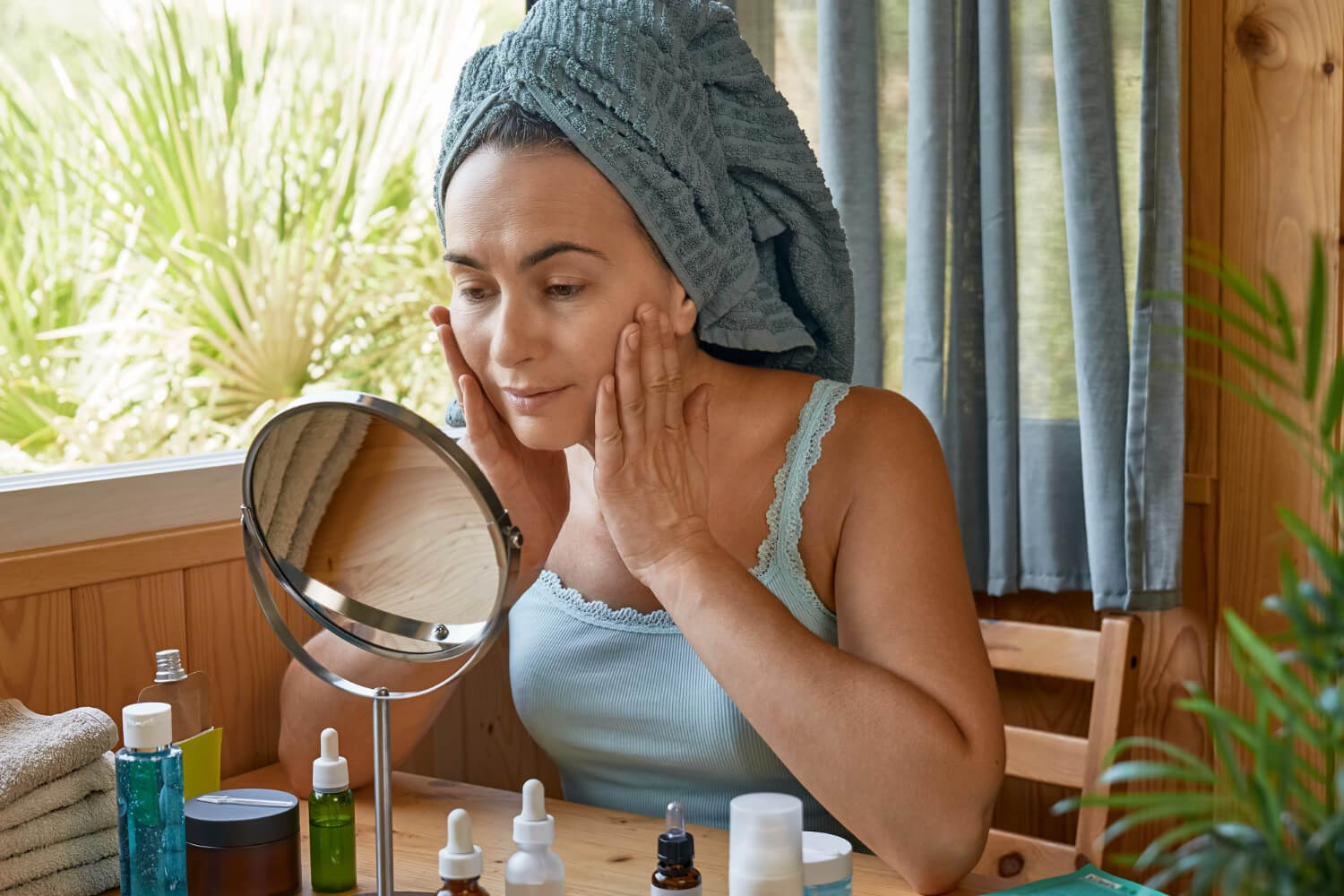Sensitive skin can feel like a challenge to care for. It often reacts to products, environmental changes, or even stress, leaving you with redness, irritation, or discomfort. While it might seem tricky to manage, the right skincare routine can make all the difference. If you’re struggling with sensitive skin, don’t worry, we’ve got you covered! Below are actionable tips to help you find what works and achieve healthier, calmer skin.
Understand Your Skin and Identify Triggers
The first step to caring for sensitive skin is understanding what causes your skin to react. Triggers can vary widely from person to person, so paying attention to your environment and habits is essential. Some common triggers include:
- Harsh ingredients: Alcohol, fragrances, and sulfates in skincare products often irritate sensitive skin.
- Weather changes: Extreme cold, heat, or humidity can cause flare-ups.
- Diet: Spicy foods, caffeine, or certain allergens may worsen redness and breakouts.
- Stress: Emotional stress can sometimes manifest physically, making sensitive skin more reactive.
Keep a journal to track your skin’s behavior. When irritation occurs, note any new product or environmental factor that might have caused it. Over time, you’ll uncover patterns and be able to avoid triggers more effectively.
Simplify Your Skincare Routine
When it comes to sensitive skin, less is often more. A streamlined routine prevents overloading your skin with too many ingredients, reducing the chances of irritation. Here’s a basic routine to get started:
Morning
- Cleanse: Use a mild, fragrance-free cleanser to remove dirt and oil without stripping your skin. Look for creamy or gel-based formulas labeled “gentle” or “for sensitive skin.”
- Moisturize: Hydrate with a lightweight moisturizer that soothes and strengthens your skin barrier. Ingredients like ceramides, hyaluronic acid, and aloe vera are especially beneficial.
- Sun Protection: Never skip sunscreen! Opt for a physical (mineral-based) SPF with zinc oxide or titanium dioxide, as these ingredients are less likely to irritate compared to chemical sunscreens.
Evening
- Cleanse: Wash your face with the same gentle cleanser you use in the morning. If you wear makeup, consider a micellar water or oil cleanser as the first step, followed by a gentle cleanser.
- Treat (Optional): If your skin can tolerate it, you might include a calming serum like one with niacinamide. However, the treatments should be introduced slowly, and the patch test should be done first.
- Moisturize: Use your evening moisturizer generously to lock in hydration while sleeping.
That’s it! Stick to these basics and avoid adding too many products at once.
Be Mindful When Choosing Skincare Products
Sensitive skin requires you to be selective about what you apply to your face. Always read labels and choose products designed for sensitive skin. Here are a few quick tips:
- Go fragrance-free: Fragrance is one of the most common irritants in skincare. Look for labels that say “unscented” or “fragrance-free.”
- Avoid alcohol-based formulas: These can dry out and irritate your skin further.
- Choose hypoallergenic products: These are generally less likely to cause allergic reactions or irritation.
- Stick with natural and soothing ingredients: Calming components like chamomile, oatmeal, and green tea can relieve sensitive skin.
- Patch-test everything: Before applying a new product to your face, apply a small amount to your neck or wrist and wait 48 hours to monitor any reactions.
Protect Your Skin from External Aggressors

Sensitive skin is more vulnerable to external irritants, so taking preventive measures is crucial. Here’s how you can shield your skin from harm:
- Limit exposure to extreme weather: Cold winds and UV radiation can weaken your skin barrier. Wear a scarf or hat for protection and apply sunscreen daily—even on cloudy days.
- Use a humidifier: If you live in a dry climate or spend a lot of time in air-conditioned rooms, a humidifier can add moisture back into the air and prevent your skin from drying out.
- Be gentle with your skin: Avoid scrubbing or tugging at your face when cleansing or applying products. Always use soft, circular motions to minimize irritation.
- Wash with lukewarm water: Hot water can strip skin of essential oils, leaving it red and dry. Opt for lukewarm water instead.
Deal with Flare-Ups the Right Way
Even with the best routine, flare-ups can happen from time to time. When they do, focus on calming down and soothing your skin instead of panicking. Here’s what to do:
- Spot-treat: Apply cold compresses or hydrating face masks with calming ingredients like oatmeal or cucumber extract.
- Skip active ingredients: If your routine includes actives like retinol or exfoliating acids, take a break until your skin settles.
- Use a healing ointment: Barrier repair products, such as those with ceramides or panthenol, can help restore your skin and speed up recovery.
- Consult a dermatologist: If irritation is severe or persistent, it’s best to see a professional for tailored advice.

Stay Consistent and Patient
Caring for sensitive skin isn’t about instant fixes; it’s about building consistency and slowly strengthening your skin over time. Stick with a routine, pay close attention to how your skin reacts, and allow the time to heal and thrive.
Remember, sensitive skin isn’t a weakness. It just requires a little extra love and care. With the right steps, you can enjoy a calmer, balanced complexion every day.

